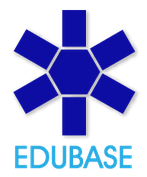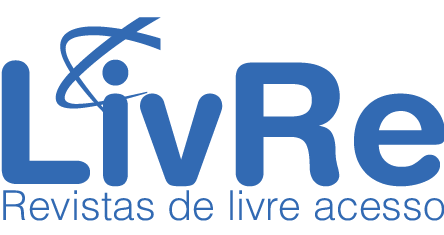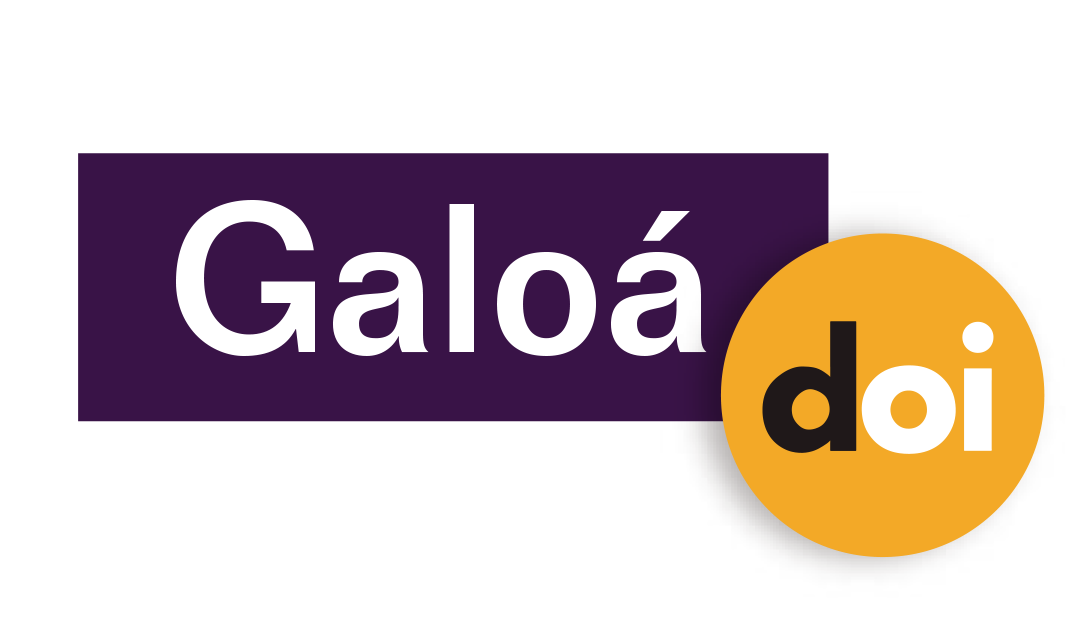Socioepistemology of the Existence and Uniqueness Theorem in the First-order Ordinary Differential Equation
Resumo
Background: The teaching of differential equations is dominated by an excessively algebraised analytic tradition. For this reason, studies that contribute to conceptualising mathematical objects associated with the differential equation are important, particularly the existence and uniqueness theorem. Objectives: From its genesis, the objective is to analyse the nature of this knowledge, its epistemology from practice. We give an account of the variational arguments, i.e., based on practices focused on the study of change, with a predictive purpose, which allows obtaining the desired result on the differential equation: demonstrating the existence of a unique solution. Design: A documentary analysis is carried out from the Socioepistemological Theory of the works that marked the construction of this mathematical knowledge. Setting and Participants: Being a documentary-cut study, we did not have participants stricto sensu. Data collection and analysis: Our observation unit includes mathematical works as primary and secondary sources involved in constructing the theorem: its postulations, search for hypotheses and proofs. Results: A reconstruction of the theorem is offered, which from the arguments, characterises some practices that helped in the construction of mathematical objects. Conclusions: We conclude that the bounded variation, as a particular way of using change, contributed to the search or establishment of conditions for the interpretation of the solution of equations and to obtain a unique solution to the differential equation, contributions that should be key for implementations of learning situations.
Palavras-chave
Socioepistemology, variation, differential equations, existence and uniqueness,
DOI: https://doi.org/10.17648/acta.scientiae.7192
Apontamentos
- Não há apontamentos.
Direitos autorais 2022 Rodolfo David Fallas-Soto

Esta obra está licenciada sob uma licença Creative Commons Atribuição 4.0 Internacional.
ANÚNCIOS
Informamos que, a partir de outubro de 2024, a revista Acta Scientia volta a aceitar submissões de artigos para publicação.
Mais, informamos que sites fraudulentos, https://periodicos-ulbrabr.org e https://periodicos-ulbrabra.org, estiveram se passando pela Acta Scientiae, utilizando nosso nome e identidade visual e até solicitado taxas de APC, que nós não cobramos. Aconselhamos cautela para evitar serem enganados por sites semelhantes.
Conceito A2 na Capes(2021)
Índice h5 do Google Scholar: 13
Índice mediana h5 do Google Scholar:24
eISSN: 2178-7727
Indexações:
A Acta Scientiae é indexada em: | Scopus |  | Latindex |  | Edubase (SBU/UNICAMP) |
 | Sumarios.org |  | Google Scholar |  | Portal LivRe (CNEM) |
 | Journals for Free |  | REDIB |  | Galoá DOI |

Todos os trabalhos publicados aqui estão sob uma licença Creative Commons - Atribuição 4.0 Internacional.
